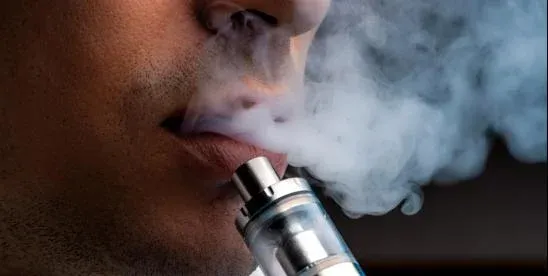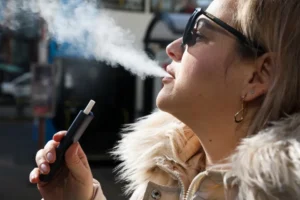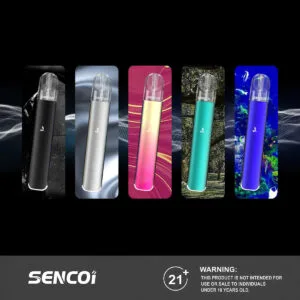In recent years, vaping companies have actively participated in public welfare initiatives, covering health awareness, environmental advocacy, charitable donations, and more. Here are some key vaping-related initiatives:
1. Health Awareness and Smoking Cessation Support
Many vape companies engage in health education to promote harm reduction and smoking cessation. Examples include:
- Smoking Cessation Support Programs: Collaborating with medical institutions or non-profit organizations to provide smoking cessation services, including counseling and alternative solutions, to help smokers gradually reduce nicotine dependence.
- Youth Anti-Smoking Education: Sponsoring educational programs to warn young people about the risks of smoking and vaping while raising public awareness of health issues.
2. Vaping and Environmental Advocacy
The vape industry generates waste such as batteries, pods, and plastic packaging, which can impact the environment. Some companies have initiated eco-friendly actions, including:
- Vape Recycling Programs: Establishing collection points or offering trade-in programs to reduce electronic waste.
- Sustainable Packaging: Using eco-friendly materials, such as recyclable paper packaging and biodegradable plastics, to minimize the carbon footprint.
- Carbon Neutrality Commitments: Investing in afforestation projects or renewable energy initiatives to offset carbon emissions.
3. Vaping for Social Welfare and Donations
Vape companies are also involved in broader social welfare efforts, such as:
- Medical Supply Donations: Providing face masks, protective gear, and other medical supplies during public health crises.
- Education and Poverty Alleviation: Supporting school infrastructure in underprivileged areas, offering scholarships, and promoting educational equality.
- Disaster Relief: Donating funds or supplies to assist communities affected by natural disasters.
4. Industry Self-Regulation and Standardized Development
To minimize the negative impact of vaping, some companies collaborate with governments and industry associations to promote responsible practices:
- Strict Age Verification: Supporting retailers in implementing age verification measures to prevent underage access to vape products.
- Product Transparency: Disclosing ingredient information to ensure consumer awareness and safety.
- Regulatory Advocacy: Working with authorities to develop reasonable vape regulations that ensure a healthy and sustainable market.
5. Community Engagement and Education
In addition to their health and environmental efforts, many vape companies are actively involved in community engagement and education. These initiatives include:
- Educational Campaigns: Vape companies are partnering with health organizations to educate the public about responsible vaping practices and the potential risks associated with it.
- Support for Local Communities: Many companies are involved in local events or sponsor community programs aimed at improving quality of life, such as funding wellness initiatives or supporting local entrepreneurs.
- Youth Outreach: Some companies invest in programs that focus on educating young people about the dangers of nicotine addiction and the importance of making informed decisions.
Overall, vape companies are taking various measures to fulfill their social responsibilities and drive the industry toward a healthier, more environmentally friendly, and well-regulated future.












